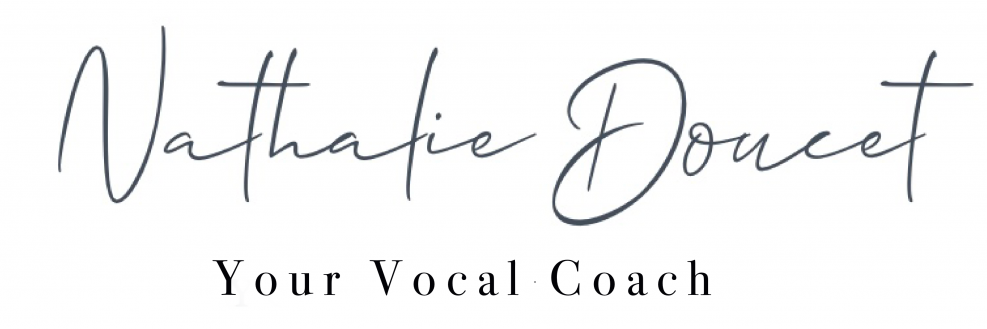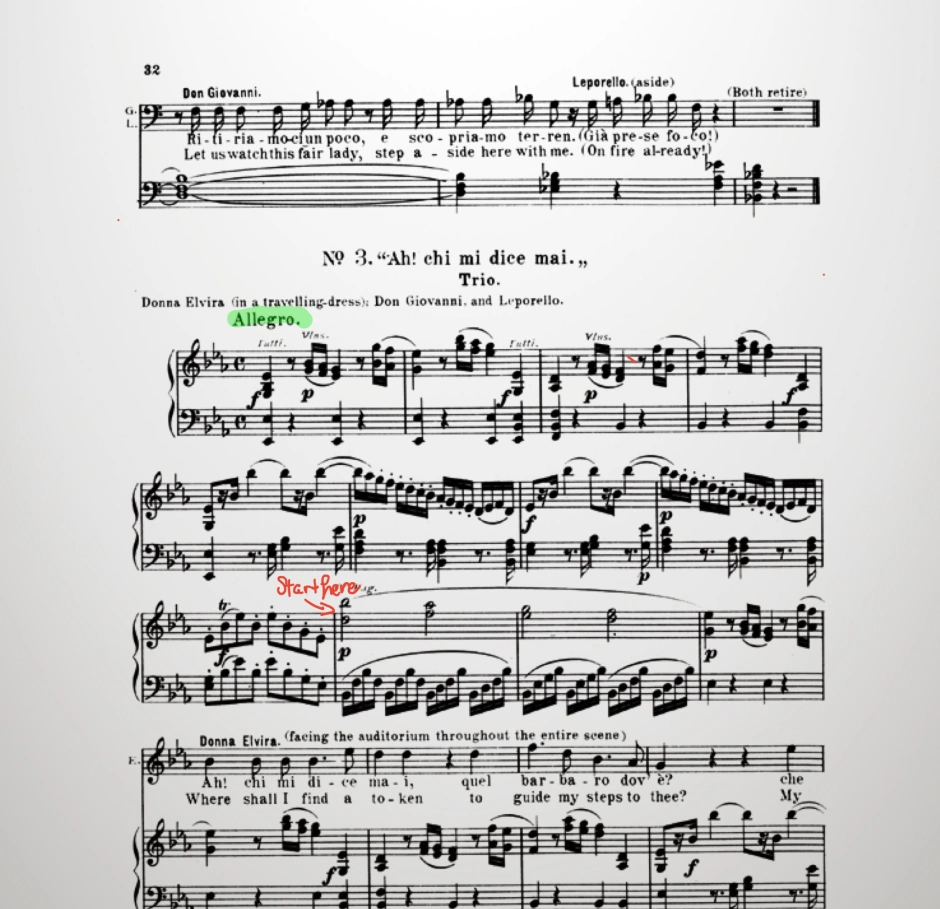
Since my last blog post back in September, so much has happened. It has been a busy time and one of making decisions and putting plans in motion which is why the blog posts have been very sparse in the last little while, but I finally have some time to write again to update on what has been going on!
After twelve years in the Netherlands, I have decided (along with my husband and two dogs) to leave Amsterdam to change our life and career trajectories. I have accepted the position of Head of Music at Michigan Opera Theatre (MOT) in Detroit. I will also be collaborating in the creation of a Resident Artist Training Program. It is not a complete career change; I am just moving back into an opera house after some time spent in the academic world. I had a pretty active professional life outside of my regular work pre-pandemic, so this change is not a complete 180. It is more like a change in focus.
I have been in Detroit since October 20th, and it has been go, go, go! An exciting time for me starting in this company as they are in a historical transitional growth. I feel privileged to arrive at this time!
Michigan Opera Theatre

For my readers who may not be familiar with this house, Michigan Opera Theatre is the principal opera company in Michigan. MOT began as the educational outreach arm, Overture to Opera (OTO), of the Detroit Grand Opera Association, responsible for the Metropolitan Opera’s visits to Detroit. In 1963, MOT’s Founder and General Director, David DiChiera, took over the program in its third year. “Overture to Opera” officially became Michigan Opera Theatre in 1971 after establishing a board of trustees, signifying its transformation into a professional opera company. The company became known for its casting, which often featured a blend of established artists and young-up-and-coming American opera singers from a diversity of backgrounds.This tradition continues to this day with MOT’s exciting leadership: Wayne Brown, Yuval Sharon and Christine Goerke. Check out the website to learn more: https://michiganopera.org
Michigan Opera Theatre is “the premier multi-disciplined producer and presenter for opera, musical theatre, and dance in the Great Lakes Region. Based in the city of Detroit, the organization engages artists of national and international stature for stellar main stage and outreach performances and provides compelling cultural enrichment programs for the diverse audiences and communities that it serves, making it one of Detroit’s pillars of arts and culture.”
Okay, so…
Such a move may seem out of the blue for those of you who have been following my career and my life in Europe. The truth is, I had been contemplating this for quite some time. Our stay in The Netherlands was never meant to last forever. We just ended up staying a little longer than intended; I was comfortable, my husband was comfortable, and we had security and a routine. However, when the pandemic started, it became clear that we wanted to head back to North America. I lost my mother in September of 2020, and I could not get to my family and could not say my farewell to her. This traumatic event caused me to think about my future and what I wanted to do with it. It was time for a change. I started by updating my CV…the rest has led me to this point.
Since the short time I have been in Detroit, I have already been allowed the chance to stretch my musical and administrative muscles, which excites and stimulates me. I love taking risks, learning new skills, and facing challenges. My new colleagues are incredibly welcoming, and I am always pleasantly surprised at the friendliness of the people in Michigan. People in the street are just saying hello and asking how I am doing…strangers…just being friendly! I am taken aback by it, and at the same time, I love this way of co-existing (I had missed this as well).

Last week I enjoyed traveling with my colleagues to New York City for work. It was so wonderful to be in that city again after such a long time, and next week I get to spend a week in Chicago to spend time with one of my oldest and dearest friends, and it wouldn’t be a holiday for this workaholic without some meetings, so that will happen too! As you can see, I am keeping busy! I was worried that being out of Europe would make traveling difficult, but I am so happy to be near friends and family, and Detroit is a great location to travel from!
What About Greece?

I am still passionate about singing in French and French repertoire. Many of you may have noticed an announcement that I will be teaching French Diction at the Musical Horizon’s Conservatory (MHC) in Athens Greece. This post was always meant to bee an “online” appointment. Through the magic of technology, I will work with the wonderful students in Athens with the click of the mouse. One of the finest voice teachers I know, Don Marrazzo, is the new Head of Vocal Studies at MHC. He is building a program and has put together a faculty of amazing artists. Naturally, when he asked me to join, I did not miss a beat and replied a resounding “YES” because I know whatever he is doing will be of the highest standard and excellence. I only hope that I will be able to go in-person someday for an in-person residency!
What About The Blog?

Not to worry, the blog will continue, and you will soon be finding more diction tips as well as advice and tips when you need it! I need some time to adjust to my new surroundings and responsibilities, and I am also waiting for my husband and pups to join me on this beautiful adventure sometime in December. Keep an eye on this space for the next post!
It feels invigorating to be creating and learning. I am incredibly happy to be on this side of the pond, and when I miss Europe, the airport is right there!
Tip for today: Chase your dreams, take risks. Life is too short not to experience some form of happiness every single day!













You must be logged in to post a comment.